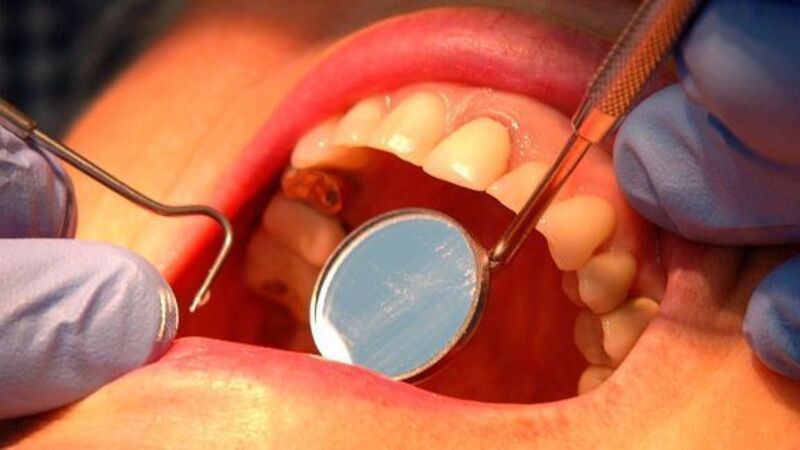HSE to tackle three-year waiting times for special needs children undergoing dental procedures

Dympna Kavanagh also revealed that preliminary data from a review of child oral health in Dublin, Cork, and Kerry indicated very low levels of decay, although completed results will not be published until later this year.
On waiting lists for children with special needs, she said these mostly related to referrals where the child had to undergo general anaesthetic — and that more training was being provided for nurses and dentists to reduce the number of such cases.













